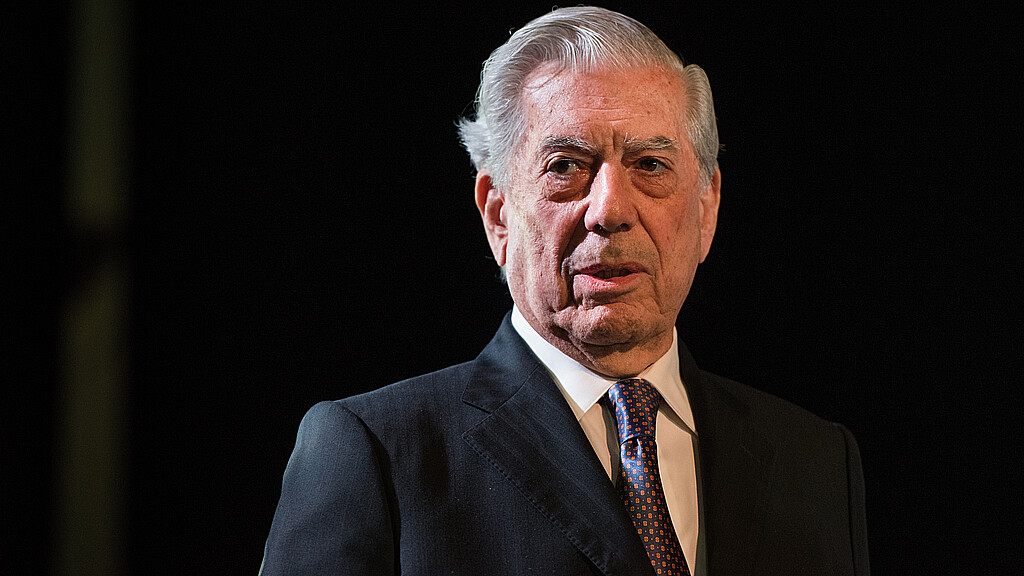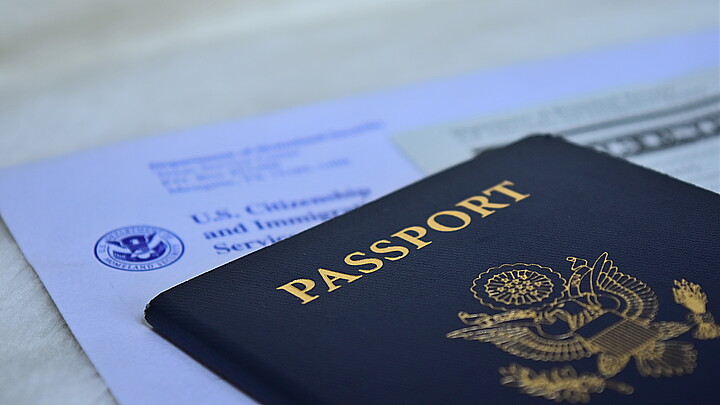Culture
Controversy: Mario Vargas Llosa is the first writer in Spanish language to enter the French Academy
Peruvian writer Mario Vargas Llosa will become "Immortal" this Thursday, the name by which members of the French Academy are known

February 7, 2023 3:36pm
Updated: February 7, 2023 9:18pm
Mario Vargas Llosa, 2010 Nobel Prize for Literature, will be officially as of this Thursday, February 9, the new member of the French Academy at the age of 85, despite being older than the regulations allow. His appointment was accompanied by a controversy, a group of French intellectuals opposed his entry through a letter published in local media.
The announcement, made last November, was historic, since the author of key works such as "Conversation in the Cathedral" and "The War at the End of the World", is the first to be part of the prestigious institution without having directly written any of his works in French. In 2016, the Spanish-Peruvian author was also the first foreigner to enter the legendary collection of La Pléiade from the Gallimard publishing house.
After the ceremony to be held this Thursday and in which the writer will read his induction speech in the traditional green gown, Vargas Llosa will join the ranks of the "Immortals", the name by which the members of the Academy, created in 1635, are called.
The author of "The Feast of the Goat" will occupy the 18th seat of the French Language Academy, which will be exclusively his until his death, and was previously occupied by the late philosopher and science historian Michel Serres and by the thinker Alexis de Tocqueville in the 19th century.
The ceremony, which will be broadcast live on the Academy's YouTube channel from 9 a.m. (Peruvian time), will have among the guests, in addition to the relatives of the Nobel Prize in Literature, members of Spanish royalty, such as King Emeritus Juan Carlos I and Infanta Cristina. In addition, the writer and academic Daniel Rondeau will attend, who proposed the inclusion of the novelist, considered the last and most prolific representative of the golden generation of Latin American literature.
Elected by an absolute majority, the academics that make up this Academy are scientists, priests, writers, historians or politicians. Among the most illustrious are Montesquieu, Voltaire, Victor Hugo and Louis Pasteur. But not everyone is lucky, Emile Zola was rejected about 25 times.
Controversy over the new member of "the Immortals"
The appointment of Vargas Llosa did not provoke many reactions when it was announced last November despite the fact that the Academy's statutes stipulate since 2010 that the candidate must be under 75 years of age to stand for election.
However, after some statements by Vargas Llosa in support of José Antonio Kast, the rightist candidate who prevailed in the first round of the Chilean presidential elections, French and foreign university professors and researchers, pointed out in a note published on December 8 in the newspaper 'Libération', that the choice of Vargas LLosa was an "error" by the French Academy. "Perhaps the Academy considered that the Peruvian writer embodied the ideal of the committed writer born of the Enlightenment. But this choice poses serious ethical problems," the text says.
The authors of the document also criticized the writer's commitments to former Colombian president Iván Duque, the presidential candidate in Peru, Keiko Fujimori, daughter of former dictator Alberto Fujimori, or his call in 1995 to "bury the past" in Argentina, alluding to the crimes committed during the military dictatorship, as reported by France 24.
The writer's economically liberal positions have also aroused hostility on other occasions in intellectual circles that generally tend to the left.
On the other hand, in a recent interview with a Spanish newspaper, Vargas LLosa stated: “Socialism is dead. Nobody can believe in him after Cuba”.
Unlike many of the thinkers of his time who continued to praise Fidel Castro in the last decades of the 20th century, despite the enormous evidence of authoritarianism in the Caribbean country, the Peruvian writer distanced himself.
Vargas Llosa separated from Castroism after making several trips to the island and becoming one of the fiercest critics of the Cuban dictatorship.








